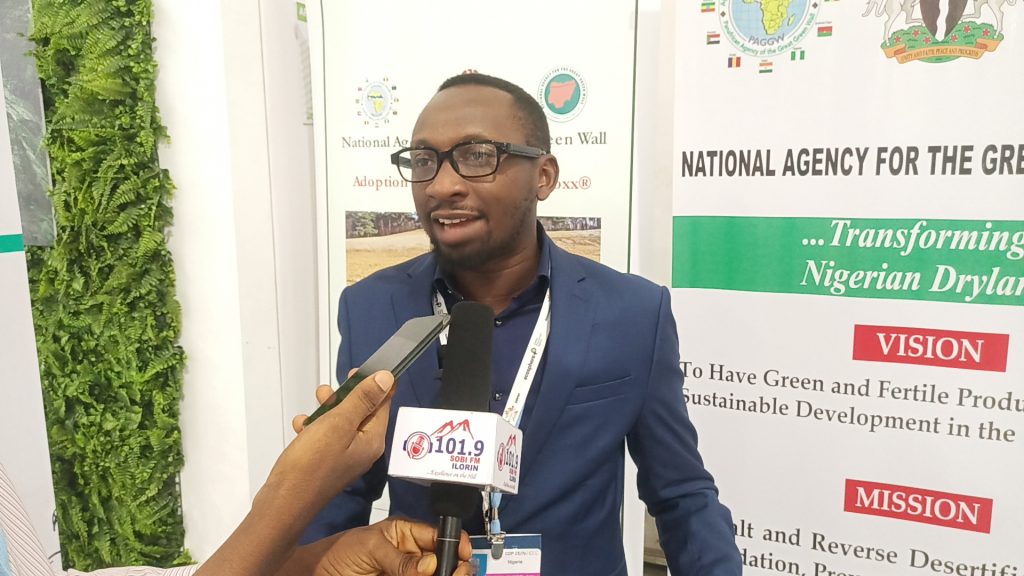From Dare Akogun, Egypt
A recent report by the Global Centre on Adaptation (GCA) has shown that between January and September, 2021, more than 54 million people in African were affected by natural disasters linked to storms, droughts, wildfires, floods, and landslides.
The report, titled: “States and Trends in Adaptation Report 2022,” noted that the current annual spending on adaptation across all of Africa countries is $11.4 billion, representing about 39 per cent of the total climate finance committed to the continent annually.
This amount, GCA notes, is far short of what is needed saying to mitigate these biting effects, the report says Africa needs $52.7 billion annually in adaptation funds by 2030.
The report added that temperatures are also increasing across all regions of the continent and it is warming faster than the global average over land and sea.
The inclusion of the ‘Loss and Damage’ an argument to make case for Africa who despite the fact that it contributes less to global emission, the continent is perhaps the worst hit by climate change effects in the world.
However, few funding commitments for Africa’s adaptation programme from the western countries at the ongoing conference of parties (COP27) in Egypt, may have confirmed that the developed nations are gradually succumbing to the pressures, argument and demands of climate-vulnerable countries, especially in Africa, to scale up adaptation support.
AT the Plenary on Tuesday, the British government declared that it has concluded plans to invest £95 million in climate-resilient agriculture in Nigeria.
The target of least four million Nigerians, including two million women especially small holders’ farmers are expected to benefit from the investment.
This funding support is aimed at increasing productivity and adapting to the effects of climate change while reducing emissions.
In addition, Germany has agreed to donate the sum of $ 170 million, Austria offered $ 50 million, Ireland pledged the sum of $10 million while Belgium has pledged to put $2.5 million
While reacting to the pledges and donations and Energy expert and Executive Director, Centre for Journalism Innovation and Development Tobi Oluwatola, described the money being received as a drop in the bucket when compared to what is needed annually.
According to him “We are getting very paltry sums; what we need is in billions and not in millions.
“For instance, what Nigeria needs for energy transition is about $10 billion every year; at COP right now, we are looking to raise $23 billion for projects that already exist. It is still a very long distance to where we need to be,” he said.

Dr. Oluwatola, added that the nature of the support being received so far is not enough to restore the 700,000 hectares of farmland that have been submerged in Nigeria for instance or the various lives that have been lost and those that will still be lost and the cost to their families.

